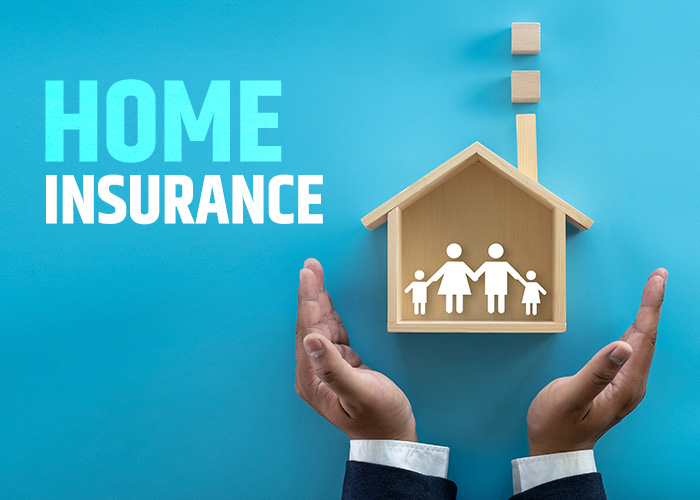If you’re a homeowner, you know that unexpected issues can arise at any time, and plumbing problems are among the most common and distressing. From burst pipes to leaky faucets, these issues can quickly turn into costly repairs. So, the burning question on many homeowners’ minds is, “Does homeowners insurance cover plumbing?”

Understanding Homeowners Insurance Coverage
Homeowner insurance is designed to provide financial protection in case of damage to your home and its contents due to covered perils. While policies can vary, they typically include coverage for events like fire, theft, and certain types of water damage.
What Plumbing Issues Does Homeowners Insurance Typically Cover?
When it comes to plumbing issues, homeowner insurance typically covers sudden and accidental damage that is not the result of negligence or lack of maintenance. Some common plumbing issues that may be covered include:
When it comes to plumbing issues, coverage under homeowners insurance policies can vary depending on several factors, including the specific policy and the cause of the plumbing problem. In general, homeowners insurance is more likely to cover sudden and accidental damage rather than issues that result from neglect or lack of maintenance.
1. Burst Pipes
Burst pipes are a homeowner’s nightmare and can cause extensive water damage to your property. Fortunately, most homeowner insurance policies cover the cost of repairing the damage caused by burst pipes, including water extraction, drying, and restoration.
2. Plumbing Leaks
Whether it’s a small drip or a major leak, plumbing leaks can lead to water damage and mold growth if left untreated. Homeowner insurance may cover the cost of repairing the plumbing and any damage caused by the leak, such as damaged flooring or walls.
3. Water Heater Malfunctions
If your water heater suddenly malfunctions and causes damage to your home, such as flooding or water damage, your homeowners insurance may cover the cost of repairs or replacement.
4. Frozen Pipes
In colder climates, frozen pipes are a common occurrence during the winter months. If a frozen pipe bursts and causes damage to your home, homeowners insurance may help cover the cost of repairs.
What Plumbing Issues Are Typically Not Covered?
While homeowners insurance provides coverage for many plumbing issues, there are certain situations where coverage may be limited or excluded. Some examples include:
1. Neglect or Lack of Maintenance
If a plumbing issue arises due to neglect or lack of maintenance on the part of the homeowner, such as failing to repair a leaky faucet or ignoring signs of a potential problem, it may not be covered by homeowners insurance.
2. Gradual Damage
Homeowners insurance is designed to cover sudden and accidental damage, so gradual damage caused by ongoing issues like slow leaks or corrosion may not be covered.
3. Flood Damage
Standard homeowners insurance policies typically do not cover damage caused by floods. If your plumbing issue results in flooding, you may need to purchase a separate flood insurance policy to protect your home.
Exclusions and Limitations
While homeowners insurance can provide valuable coverage for many plumbing issues, it’s essential to be aware of potential exclusions and limitations. Some common exclusions and limitations related to plumbing include:
- Gradual Damage: Homeowners insurance is designed to cover sudden and accidental damage rather than gradual damage that occurs over time. This means that issues like slow leaks or corrosion may not be covered.
- Neglect or Lack of Maintenance: If a plumbing issue arises due to neglect or lack of maintenance on the part of the homeowner, coverage may be limited or denied. It’s essential for homeowners to take proactive steps to maintain their plumbing systems to avoid potential coverage issues.
- Flood Damage: Standard homeowners insurance policies typically do not cover damage caused by floods. If your plumbing issue results in flooding, you may need to purchase a separate flood insurance policy to protect your home.
Conclusion
In conclusion, homeowners insurance can provide valuable financial protection in the event of plumbing issues that result in sudden and accidental damage to your home. However, it’s essential to review your policy carefully and understand what is and isn’t covered. If you’re unsure whether your homeowners insurance covers a specific plumbing issue, it’s best to consult with your insurance provider for clarification. By staying informed and proactive, you can ensure that you have the coverage you need to protect your home and your investment.